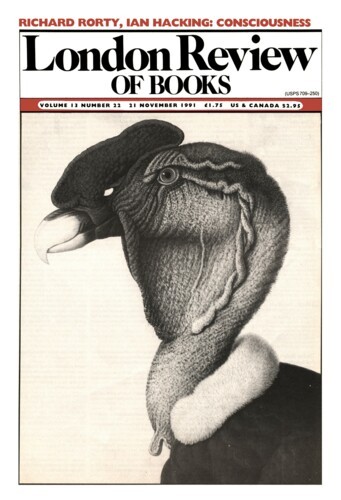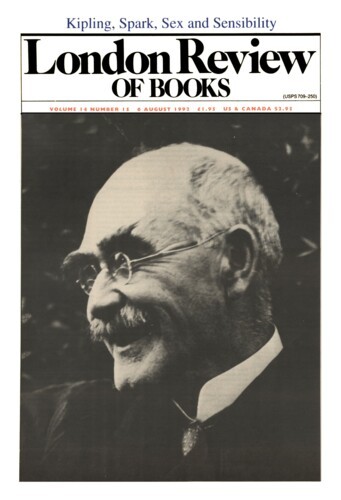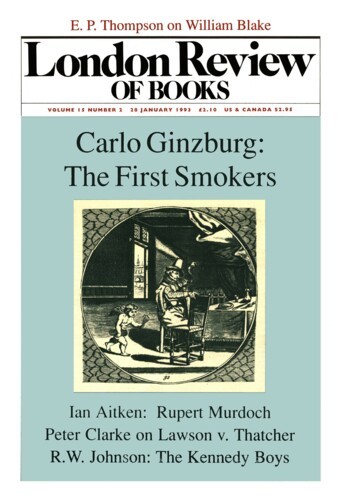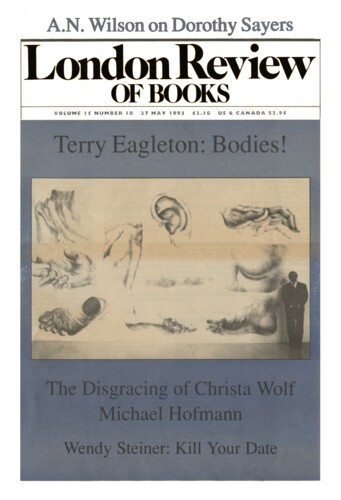Mrs Thatcher’s Admirer
Ian Aitken, 21 November 1991
Denis Healey, a politician who long ago established that the hobnailed boot can be wielded with just as much delicacy and skill as the épée, once said of David Owen that the Good Fairy who attended his birth had generously bestowed upon him the three qualities of charm, intelligence and good looks. He is then reported to have added: ‘What a pity that the Bad Fairy made him a shit.’





